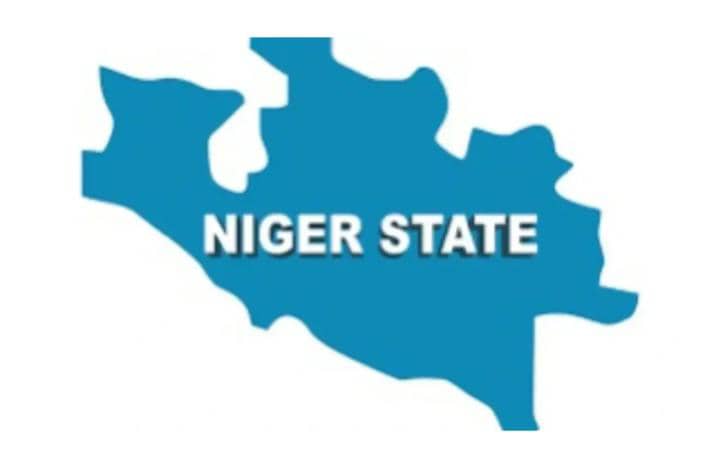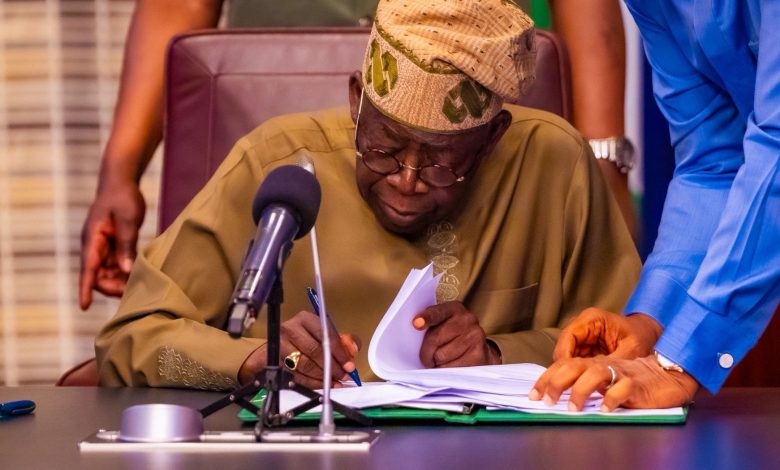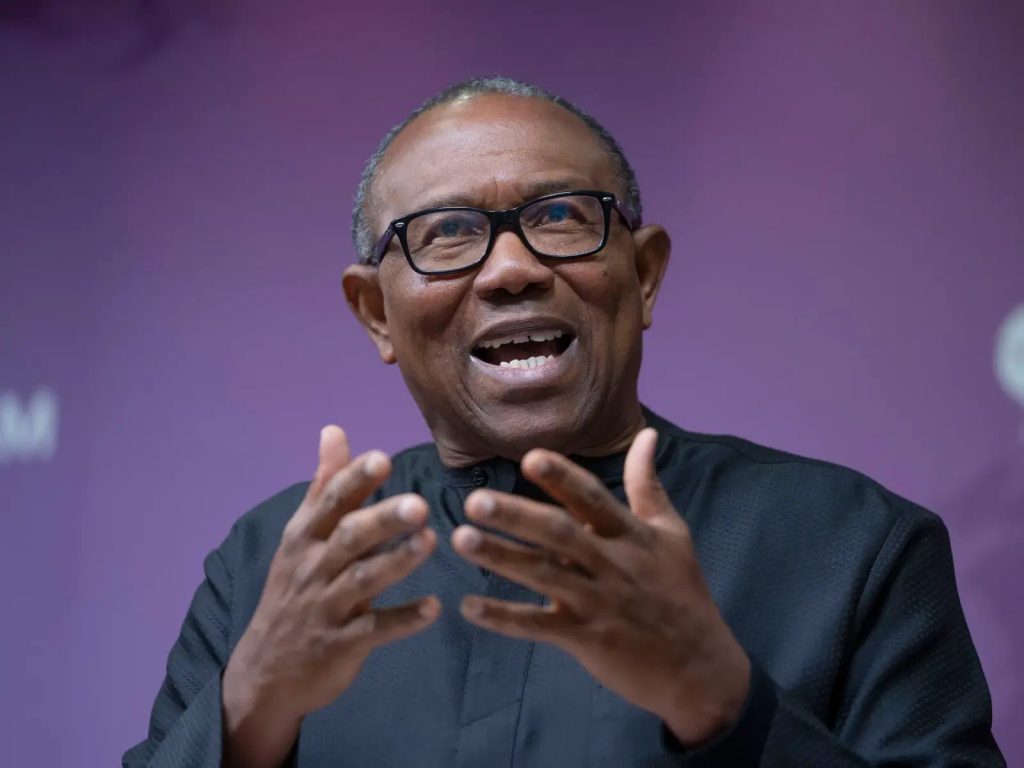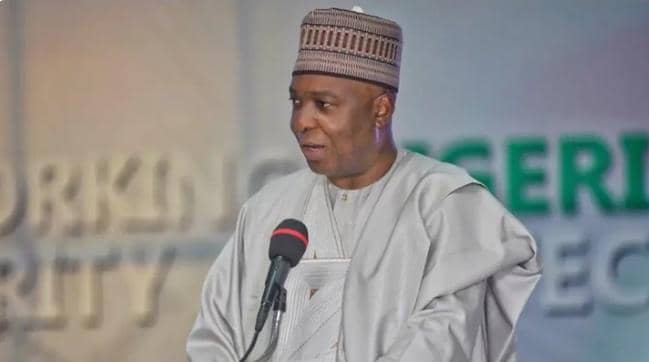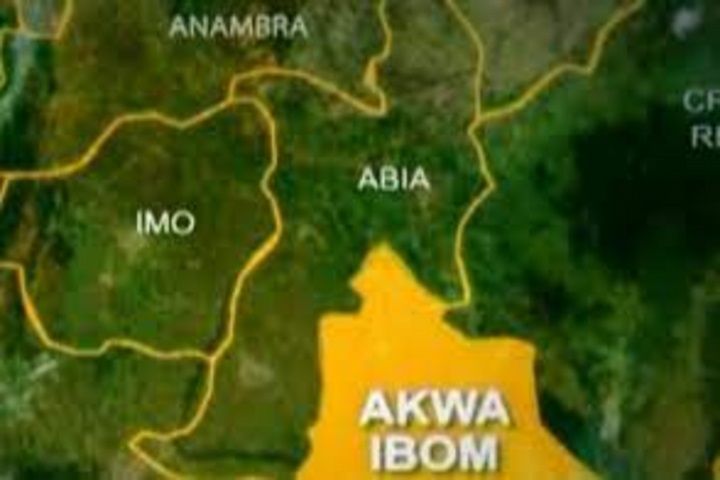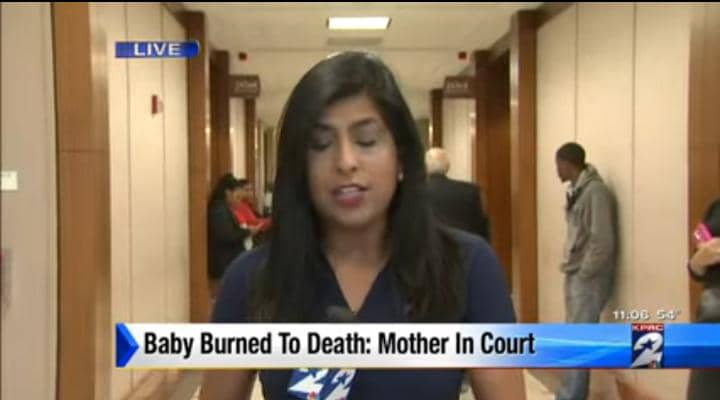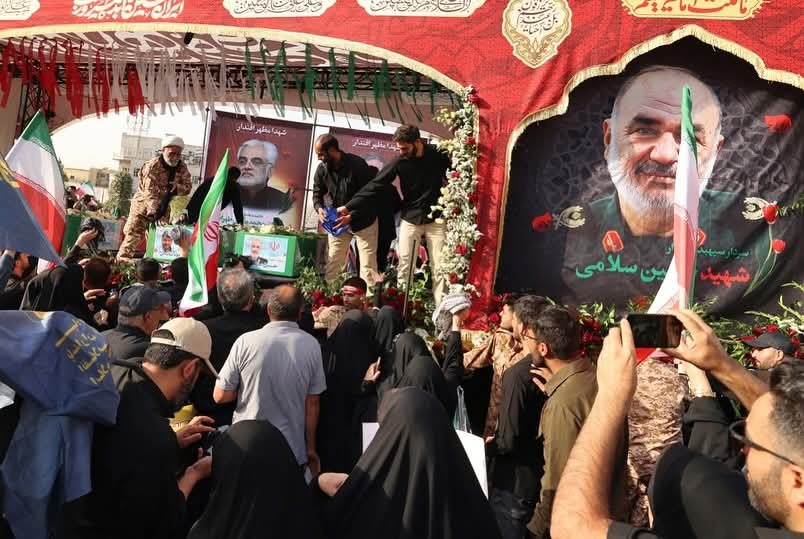News
Tinubu’s emergency rule: The death of democracy
DDM News
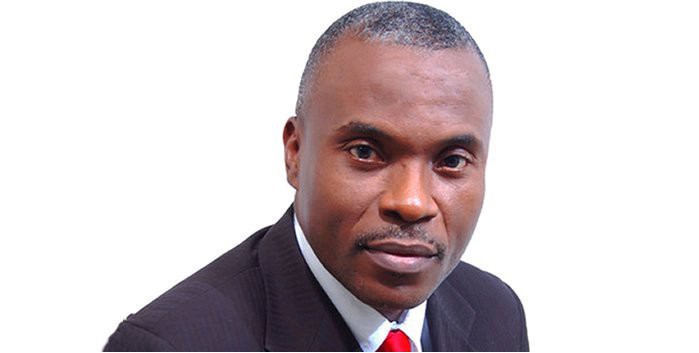
In January 2019, former President Muhammadu Buhari removed Chief Justice Walter Onnoghen in a controversial move.
According to Diaspora digital media (DDM) reports, many saw this as an attack on judicial independence.
Critics argued that it reflected Buhari’s military background.
He was not Nigeria’s first ex-military president.
General Olusegun Obasanjo also transitioned from military to civilian rule.
Obasanjo was known for his assertive leadership style.
Despite his dominance, he respected judicial independence.
The courts frequently ruled against Obasanjo’s administration.
One notable case involved Lagos State’s federal allocation.
Governor Bola Tinubu created new local government areas.
Obasanjo responded by withholding Lagos State’s federal funds.
The judiciary ruled against Obasanjo’s decision.
Other court rulings also went against Obasanjo.
Several elections under his government were overturned.
The legislature was independent during his tenure.
Despite PDP’s majority, lawmakers challenged Obasanjo’s authority.
In 2002, the House of Representatives moved against him.
Led by Hon. Ghali Umar Na’Abba, impeachment was threatened.
They cited budget violations and executive overreach.
Obasanjo also failed in his third-term bid.
In 2006, he sought constitutional amendments for extension.
Senate President Ken Nnamani ensured a transparent debate.
The proceedings were televised for national scrutiny.
The legislature ultimately rejected Obasanjo’s third-term agenda.
This was a victory for Nigerian democracy.
Since 2015, democratic institutions have weakened significantly.
The ruling APC has eroded legislative independence.
The judiciary now operates under executive influence.
Nigeria’s separation of powers is rapidly deteriorating.
The current crisis in Rivers State proves this.
On March 19, 2025, President Bola Tinubu declared an emergency.
This resulted in Governor Siminalayi Fubara’s suspension.
His deputy and state lawmakers were also suspended.
Tinubu claimed political instability justified his decision.
He also cited oil pipeline vandalism as a reason.
Vice Admiral Ibokette Ibas was appointed administrator.
The judiciary remained the only functioning institution.
This move sparked outrage across Nigeria.
Many questioned why Rivers State was targeted.
Other states faced worse security challenges.
Bandits controlled vast territories in northern Nigeria.
Some communities paid protection fees to terrorists.
Tinubu did not declare emergency rule in these areas.
Critics argue Rivers was targeted for political reasons.
The state is a historic PDP stronghold.
It is also one of Nigeria’s wealthiest states.
Observers see this as election interference.
Legal experts condemned Tinubu’s declaration as unconstitutional.
The Nigerian Bar Association (NBA) strongly opposed it.
NBA President Maazi Afam Osigwe called it illegal.
He argued elected officials cannot be removed this way.
Legal provisions for emergency rule were ignored.
The Supreme Court had ruled on similar cases.
Obasanjo once imposed emergency rule in some states.
The Supreme Court later overturned his decision.
Goodluck Jonathan handled emergencies differently.
In 2013, he declared emergency rule in three states.
Borno, Adamawa, and Yobe were affected.
The Boko Haram insurgency justified Jonathan’s decision.
Despite this, he allowed governors to remain.
Tinubu previously criticized Jonathan’s approach.
In 2013, Tinubu condemned Jonathan’s security measures.
He demanded stronger presidential action against insecurity.
Tinubu also opposed Obasanjo’s emergency rule in Plateau.
Now, Tinubu is following the same path.
Observers believe he is protecting political allies.
Minister Nyesom Wike has fueled Rivers’ political crisis.
Wike’s influence created division in the state.
Despite this, Tinubu did not initially intervene.
However, his reaction was different in Lagos.
The Lagos State Assembly impeached Speaker Mudashiru Obasa.
Hon. Mojisola Meranda was elected as the new Speaker.
Intense political pressure forced lawmakers to reverse impeachment.
This raised suspicions about selective interference.
Critics accuse Tinubu of political double standards.
Another issue is Rivers State’s frozen funds.
Before emergency rule, courts restricted state finances.
After the takeover, funds were quickly released.
The appointed administrator gained access to resources.
Many see this as proof of manipulation.
Tinubu’s democratic credentials are now under question.
His administration has weakened institutional independence.
Former President Jonathan warned against this trend.
He highlighted the dangers of executive overreach.
Foreign investors fear Nigeria’s unstable legal system.
The National Assembly’s reaction was equally concerning.
Legislators quickly endorsed Tinubu’s emergency rule.
The Constitution requires a two-thirds majority vote.
The approval process lacked transparency.
No official headcount was conducted for verification.
Opposition lawmakers failed to resist effectively.
The PDP and Labour Party have significant representation.
Yet, they failed to block the motion.
Analysts say opposition weakness is alarming.
Tinubu now holds unchecked political power.
Some fear he may seek a third term.
This mirrors Obasanjo’s failed third-term attempt.
The APC once criticized PDP’s governance tactics.
Now, APC leaders engage in similar abuses.
Their actions threaten Nigeria’s democratic progress.
Public trust in elections is declining.
Judicial integrity is also in doubt.
Without resistance, Nigeria’s democracy may collapse.
For democracy to survive, institutions mustregain independence.
The APC government must respect constitutional limits.
Nigeria must return to true democratic governance.
For Diaspora Digital Media Updates click on Whatsapp, or Telegram. For eyewitness accounts/ reports/ articles, write to: citizenreports@diasporadigitalmedia.com. Follow us on X (Fomerly Twitter) or Facebook





